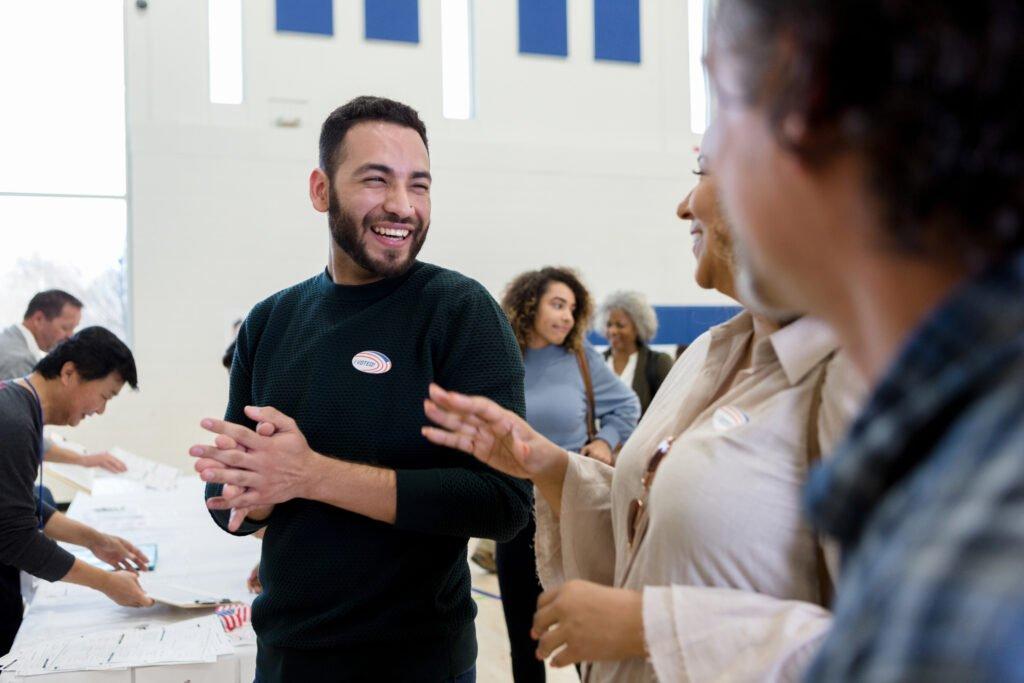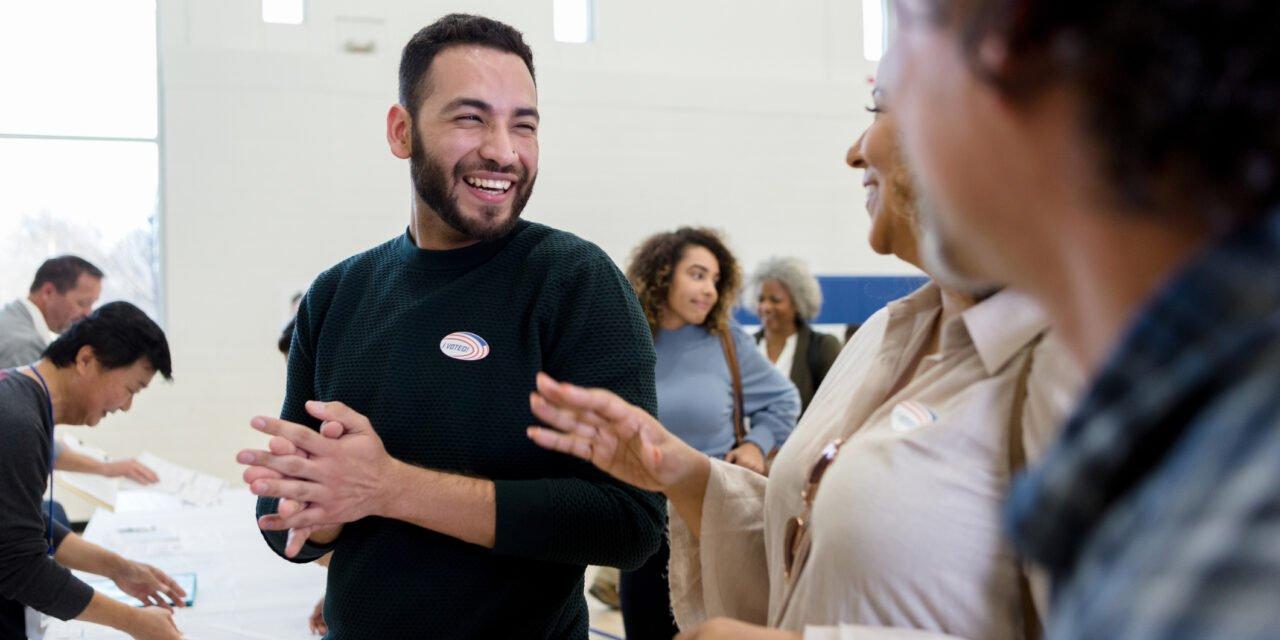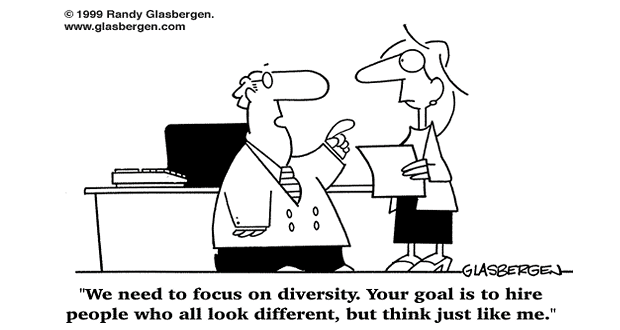
I’ve lost count of the times I’ve heard speculation about the end result of the 2024 U.S. presidential election in the last month. Much of it reads to me like overwhelmed resignation. I believe it’s important to routinely ask ourselves — who benefits from your inaction? If anything, the last several weeks have proven that much can change in a short time.
The complex and uncertain times we live in tell us the future is unpredictable, but also that individual people and events can spark significant movement and positive change. Here are a few thoughts on how to weather frightening news cycles and maintain focus toward what must be done:
- Don’t resign yourself to an outcome. Doing nothing is doing something.
- Focus on what you believe in. If you want quality education for all, tell people why this matters and what they can do to help. If you want access to family planning options and choices in health care, communicate why. If you want organizations to represent and reach the communities they serve in ways that support everyone’s progress into the future, speak up about barriers to this vision arising in recent events.
- Avoid expending energy toward people and things you don’t believe in. If there’s one thing this era in global politics has taught me, it is that dangerous individuals are fed and enabled by attention, whether good or bad. They will continue to seek it, and media will continue to provide it, so long as there is demand. News outlets are in the business of selling news, and headlines represent that reality — often at the expense of accuracy and representation. We can choose how much energy we expend toward dangerous people and dismal news cycles as opposed to other things, resting assured that what we pay attention to grows!
- Simplify the message. Now is a great time to identify compelling, efficient ways to get critical points across to skeptical or undecided voters. They need to know why a topic or concern relates to them. Sound bites, quick stories, and straight-to-the-point posts are more likely to cut through the noise and make an impact.
- Tell your story. It’s often challenging to argue with lived experience and humanity, which makes them two of our best tools in shifting perspectives. Personally, I love bringing humor into stories about difficult things to shift the energy, and spread some joy alongside critical awareness.
- Focus on voter turnout and down-ballot elections. It’s actually state and local elections that often make significant impacts on our lives. Getting voters to turn out for these candidates and issues will have real benefits and can help disrupt political gridlock. The biggest barriers for many voters are motivation to prioritize getting to the polls, and resources to do so.
- Fight gerrymandering and voter suppression. While court decisions about voter maps, registration requirements, and access to polling have been inconsistent, there have been significant legal challenges and wins on the books for tackling these “under the table” tactics for suppressing representation among voters. Legal scrutiny and awareness campaigns about these barriers must continue, as they are a current and real threat to democracy.
- Look for and sidestep infighting to focus on the task. The coming months will bring debates over language, policy, strategy, and more. Internal polarization impedes coalitions, and those seeking to prevent unity know this. Again: Who benefits from our inaction?
- Work within your sphere of influence. Overwhelmed resignation thrives in spaces we cannot effectively influence, but all of us can influence someone somewhere. Maybe you can convince a few reluctant friends or relatives to vote by emphasizing the stakes or sharing a personal “why.” Maybe you can contribute funds to candidates who stand for an inclusive and mutually supportive society. Maybe you can write postcards to voters in swing states. Maybe you are a researcher or strategist or facilitator who can get involved in community organizing efforts this fall. Understand your influence to choose your action.
- Take care of yourself. Maintain hope. Appreciate your rights, and recognize your influence.




















Trackbacks/Pingbacks